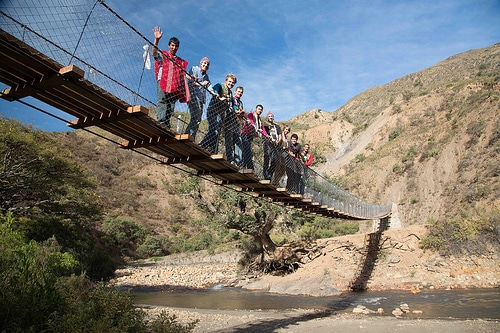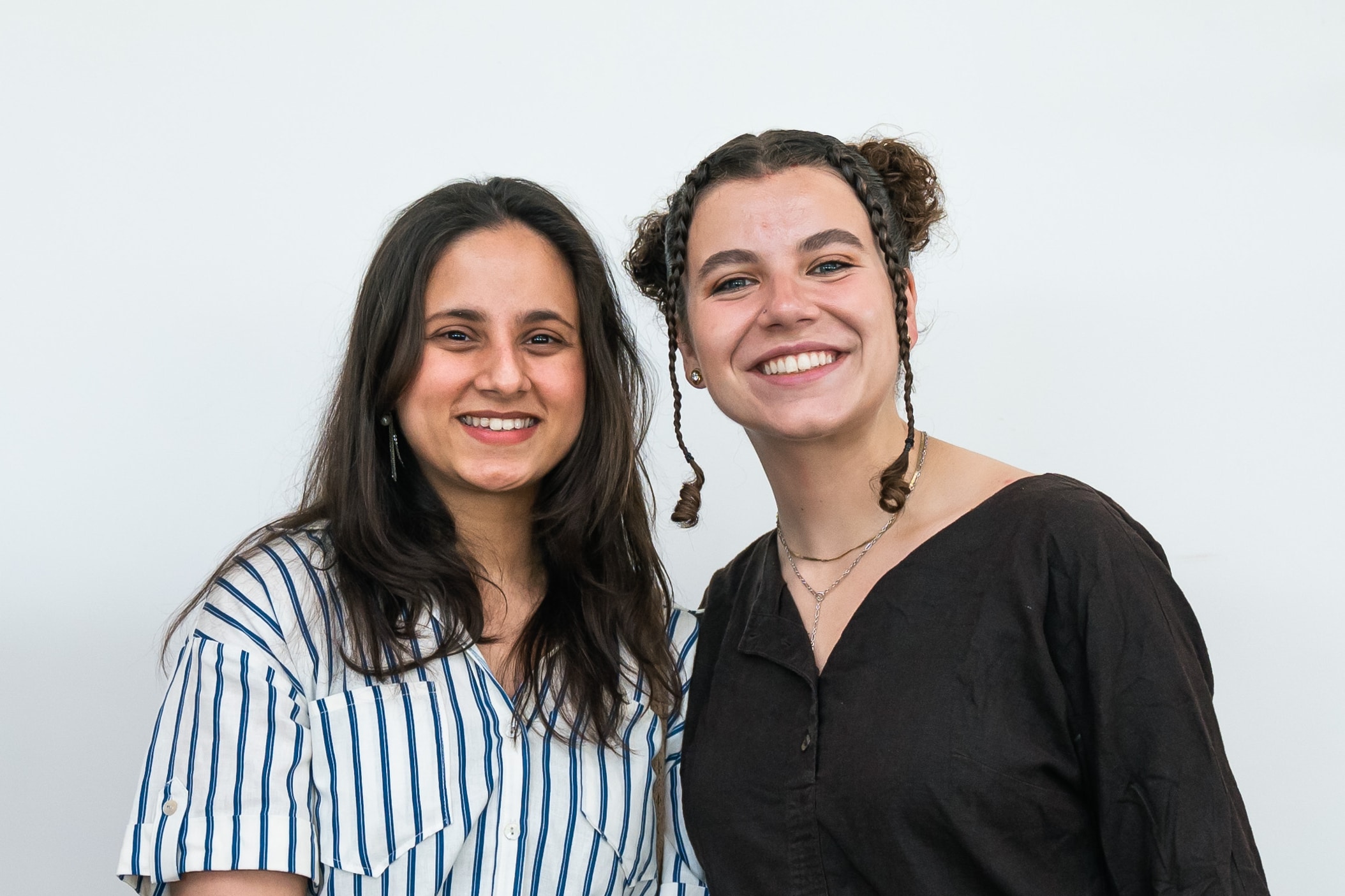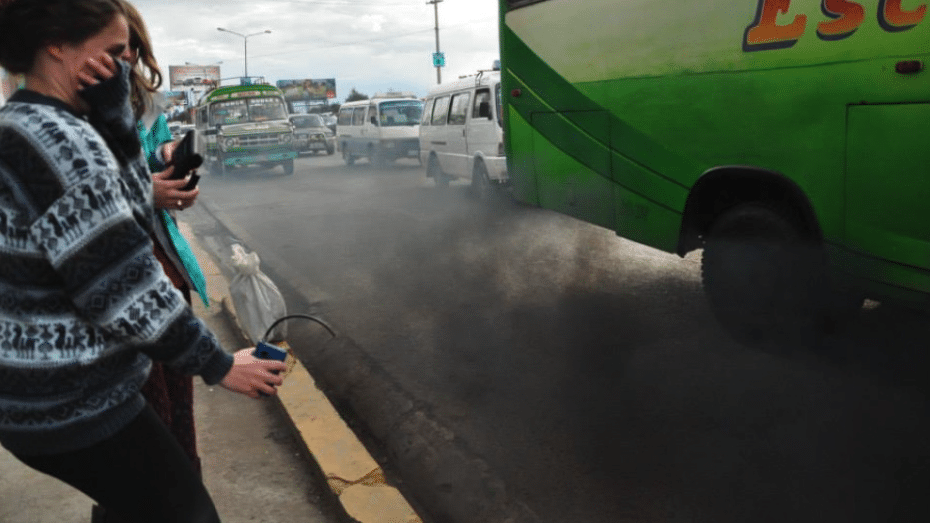
David E. Schaad
david.schaad@duke.eduCEE Director of Undergraduate Studies, Professor of the Practice
Duke CEE has built purposeful partnerships in the United States and globally to solve complex societal challenges. We share research discoveries, design solutions to community needs, and inspire the next generation of problem-solvers and innovators.

Mark Wiesner is building a global “network of networks” to address the largest questions looming about the environmental impacts of emerging materials. The effort is funded by a five-year, $1.6 million grant from the National Science Foundation’s AccelNET program.

Under the leadership of Duke CEE faculty member Fred Boadu, Duke students engage in service-learning in West Africa.
They work collaboratively with University of Cape Coast students on a project to protect human health through informed handling of used motor oil. Teams use a tested educational packet and have met with hundreds of Ghanian auto mechanics.
David Schaad designed an undergraduate certificate program in Global Development Engineering, which gets students in the field working equitably with local partners on projects that improve communities.
Through the Duke Engineers for International Development organization Schaad advises, Duke engineering students have built bridges, water sources and more on several continents.


The Kathmandu Geo Lab is an undergraduate student-to-student collaboration between the Pulchowk Campus of the Institute of Engineering of Tribhuvan University and Duke.
Leaders and mentors include department chair Henri Gavin and alum Rachel Lau (pictured, right), a civil and environmental engineer who earned her bachelor’s, master’s and PhD at Duke.
Michael Bergin looks at air pollution from both climate and human health vantages. His research team, which includes undergraduates, has led expeditions to study particulate matter from a range of sources and in places around the world—from the pristine arctic to hazy developed regions in the Americas and Asia.

About 1 in 9 child deaths in the world is caused by diarrheal germs, typically spread by unimproved sanitation facilities and open human defecation.
Among several projects taking on this challenge in Duke CEE is a prototype neighborhood-scale fecal sludge processing system. The project is led by Marc Deshusses with support from the Bill & Melinda Gates Foundation.

CEE Director of Undergraduate Studies, Professor of the Practice